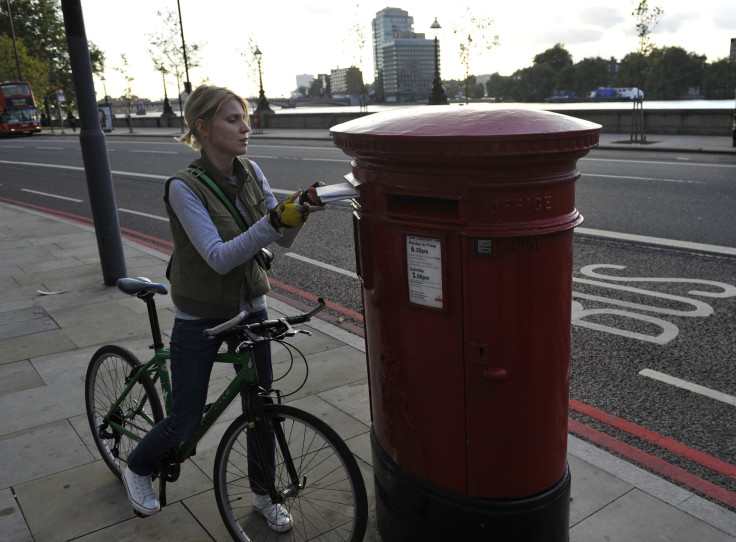Gig economy: Excel cycle courier wins holiday pay appeal
Courier Andrew Boxer had filed a case against Excel after he took a week's holiday for which he was not paid.

Gig economy worker Andrew Boxer earned the right to paid leave after the central London employment tribunal on Friday, March 24 classified the cycle courier as a "worker" instead of being self-employed.
The classification enabled him to claim £321.16 after he took a week's worth of holidays, which was disputed by his employer.
Andrew worked as a cycle courier for Excel, which is currently owned by Citysprint.
Excel argued that Andrew was an independent contractor as he brought his own tools- namely a bicycle, mobile phone, and protective clothing for work.
However, the tribunal refuted the claim as the courier firm enforced a five day work week and a fixed rate of pay, thereby violating the guidelines of an independent contractor's entitlements.
Excel had also provided Andrew with a radio and a handheld computer.
The recent ruling is a second blow to Citysprint's track record with upholding employment rights, as another bicycle courier had earned both paid leave and minimum pay from the firm after a legal battle in January.
The debate around gig economy workers is slowly gaining prominence within the UK economy, as the nation currently benefits from a record low unemployment rate of 4.8%.
Around 57% of gig economy workers believe that they are being exploited by their employers in order to drive growth, a survey published by the Chartered Institute for Personnel and Development (CIPD) had reported last week.
Two-thirds of the participants also affirmed that the government should guarantee them paid leave and minimum wage.
Prime Minister Theresa May commissioned a comprehensive review of the gig economy earlier on Monday (March 20). The review would include a more rigid classification of self-employment and obstructing firms from implementing restrictions on self-employed workers.
© Copyright IBTimes 2025. All rights reserved.





















